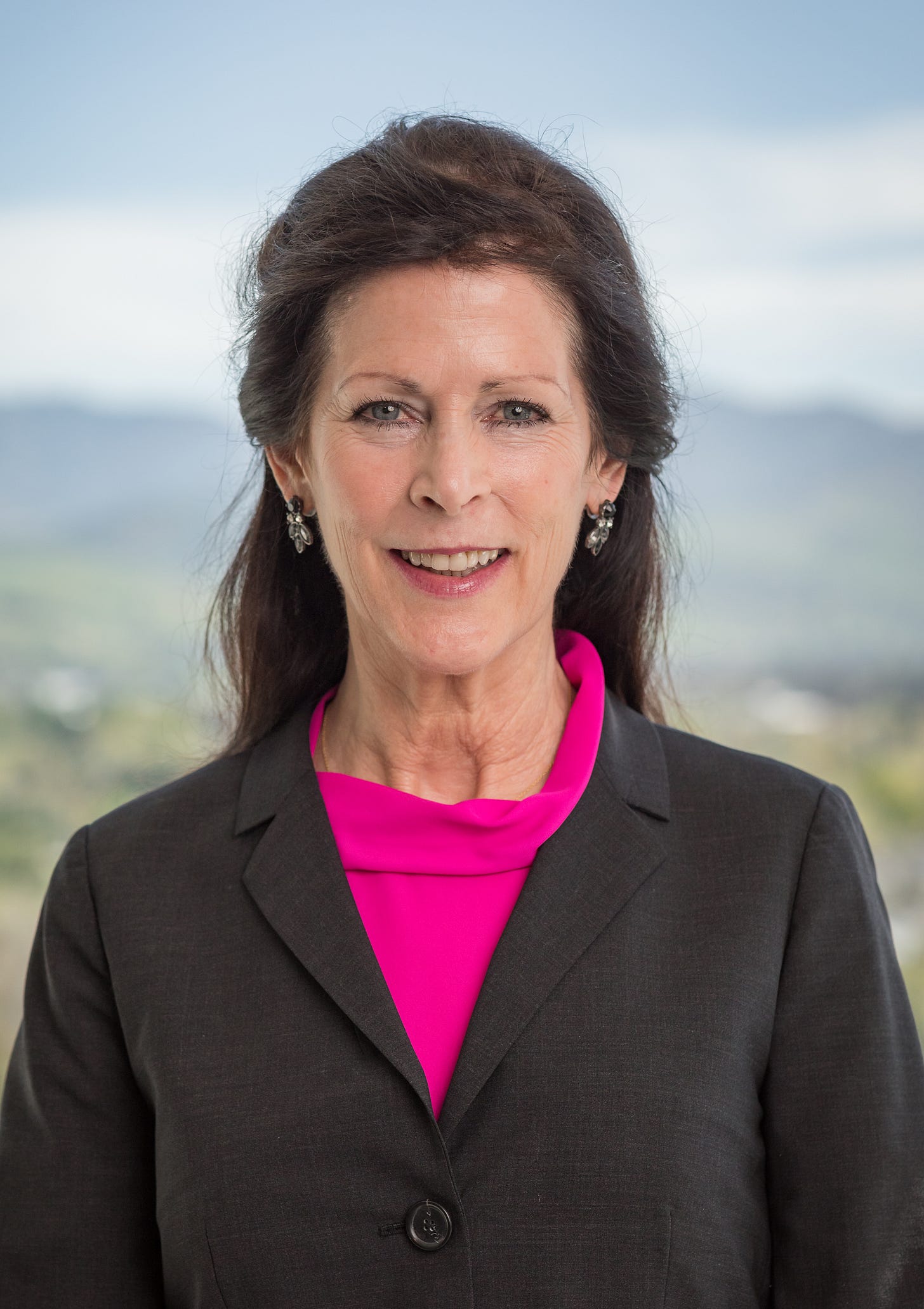It’s Official: Mary Knox Is Running For District Attorney Again
The long-time prosecutor reflects on her 2022 campaign, her Community Violence Reduction Unit initiatives, and the Freeway Security Network
Veteran prosecutor Mary Knox intends to run for Contra Costa County District Attorney in 20281. This would be Knox’s second bid for DA, having lost to incumbent Diana Becton in June 2022. Knox sat for an interview on Wednesday, October 23, 2024, and addressed a number of topics, including her motivation for running again.

“I feel this County is really wo…
Keep reading with a 7-day free trial
Subscribe to Grant’s Substack to keep reading this post and get 7 days of free access to the full post archives.



